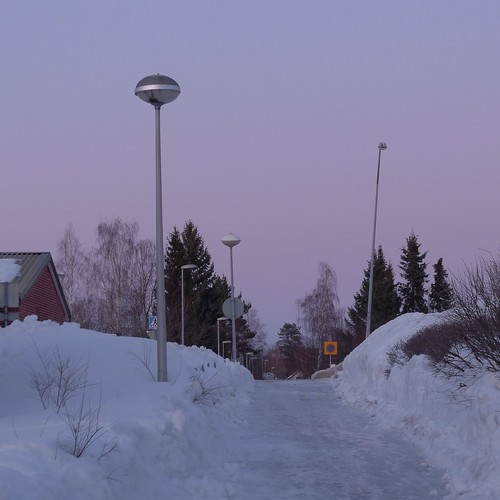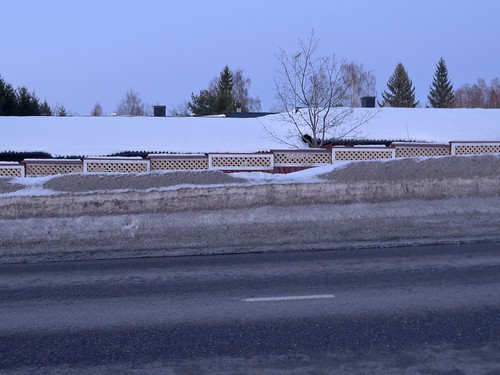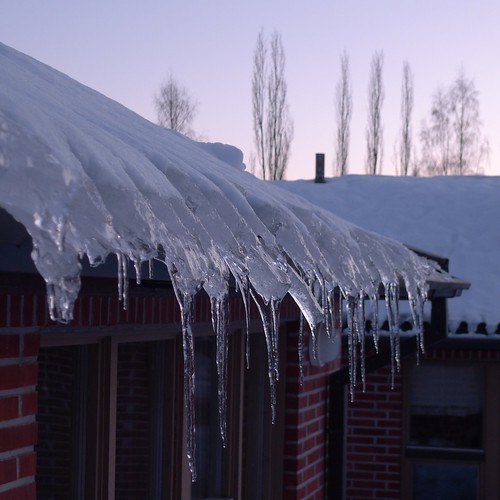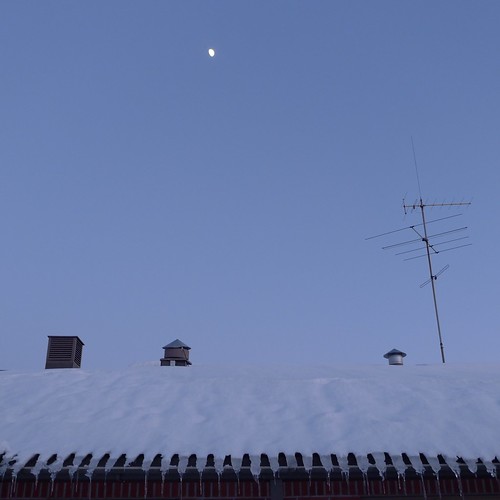Markus and Cedric commented yesterday's posting on the topic of "seeing art in nature". The original question was "Do you have the natural ability to see art in nature?", and Markus proposed a very short version: "Do you have the ability to see?"
Cedric had a strong view on the matter: "I accept that technical expertise comes from repetitive work and practice but there is no amount of practice or process or method that will make you see art in nature or anything else for that matter. Art will reveal itself to whomever it wants as often or as rarely as it wants."
I started to think about this from a different direction, namely what is art and what is nature?
I'm currently reading a book by Pertti Lassila on the topic of nature in Finnish literature between 1700 and 1950. (Metsän autuus - luonto suomalaisessa kirjallisuudessa 1700-1950, SKS, 2011.)
This provides interesting to background in "seeing art in nature", and it may demolish the whole idea of such a phrase.
But lets start from the concept of culture vs. nature. Here Lassila uses a rather loose definition for culture, meaning everything created by man, such as art, science, technology, agriculture, earthworks, etc.
The concept of nature has changed a lot. Originally, nature meant the fundamental characteristic of something, such as the smell of a flower or the sting of the bee. And then there was the religious interpretation, saying that whatever man creates is small compared to God's works.
In Finnish literature during 1700 and 1950 the religious interpretation of nature became more and more diluted. Topics such as a human being experiencing nature, or explaining his/her feelings through nature became prominent. And often nature was also seen as an opposing force, destroying crops and otherwise making life difficult.
But what was interesting is that according to Lassila there isn't any point in looking at nature in Finnish literature after 1950, because at that point culture took over. There isn't any more such a thing as nature, because humans have taken over, packaged and parcelled it, and no separate "nature" exists, at least in literature.
So, proposing that there is a skill in seeing art in nature is moot, as there isn't nature, just culture. And thus the issue becomes a general one of just "seeing", exactly as Markus proposed.
Also, I find myself here in a difficult position, as I very much dislike "nature photography" which crops and post-processes the subject in such a way that there is nothing resembling the real thing left.
But if there is no nature, then there isn't the real thing either, just culture, and I shouldn't have any objections to such manipulations, should I?
Snowed In
6 hours ago







4 comments:
Interesting to have the vanishing of nature pointed out so clearly - and from my limited exposure to literature I can't oppose. Where I see a necessity for clarification is the rise of the green movement beginning in the 70s of the last century, a time where, according to the author, nature had vanished from literature (and with it, probably from the important philosophical discussions). Can it be that the old term 'nature' was transitioned into 'environment', now seen in a more scientific light, but maybe valued more than in earlier times, where the approaches towards nature reached from fear, aggression to reverie.
Anyhow, in my personal life nature certainly plays a role - in the form of environment, which shouldn't get overused, as well as nature, which I try to enjoy as a source of balance. Classical (or even more popular) nature photography not always makes me happy, as it all too often drowns nature in sugar coating, striving for effects or loveliness.
@Markus: Lassila states that nature has become a part of commercial culture, to be used for recreation and consumption. Thus, nature doesn't provide an alternative or opposing force to culture any more. And I think I agree. However, nature (or whatever is left of it within human culture) is very important for me also.
Juha, if I may be so bold, I would say that what you dislike is what I call "tourist-brochure photography" not nature photography (I dislike this style of photography as well; it is a forgery and not merely a manipulation). I say this because you are one of my favourite nature photographers and I cannot imagine that you dislike your own work.
Anyway, with regards to the topic at hand. It is an interesting one though it has diverged a little from the topic of your previous post. I have not previously heard of Lassila but I suspect I would enjoy conversing with her. This particular topic on the "vanishing" of nature has been something I have pondered for many years though I have come at it from a slightly different angle. It has always been an anthropological wonder to me that humans seek to separate themselves from nature as if there was no connection whatsoever. As if nature was beneath us somehow. Or an enemy to be feared or vanquished.
When a magpie builds a nest of twigs, paper and human rubbish we call that nature. When a man builds a house of wood and thatch we call it culture. When animals perform mating ritual, it's natural. When humans strut their stuff it's cultural. The question is though, can anything be separate from nature? What exactly, can truly be called unnatural? Sure, we have definitions of nature and culture which separates the two quite effectively but it is nothing more than definitions. A bit like defining a sunrise or sunset when we should be talking about earth's spin. I guess what I am saying is that to me there is no "separate" nature, there is only nature. When I see a sheet of glass I think of sand and heat, when I put fuel in my car I think of pre-historic forests. When I read about the Large Hadron Collider I think about how all things are probably made up of the same, natural building blocks.
Seeing nature in our contemporary lives is akin to seeing art in nature and art is often an abstract of natural expression.
For me seeing nature where I am told it's not is essential. It's a matter of keeping my sanity.
@Cedric: Yes, one should be careful with definitions like "nature photography". Indeed, there is a lot of nature photography which I very much like.
The term "tourist-brochure photography" is a very good one, that is for sure an area of photography which can make one nauseous.
Lassila had some comments on the environmental movement as well, referring to those angry ones who think that humankind should "go back", maybe eliminate ourselves fully from the ecosystem, or live in a small population based on low-technology agriculture. He pointed this out as an intellectual dead end...
Post a Comment